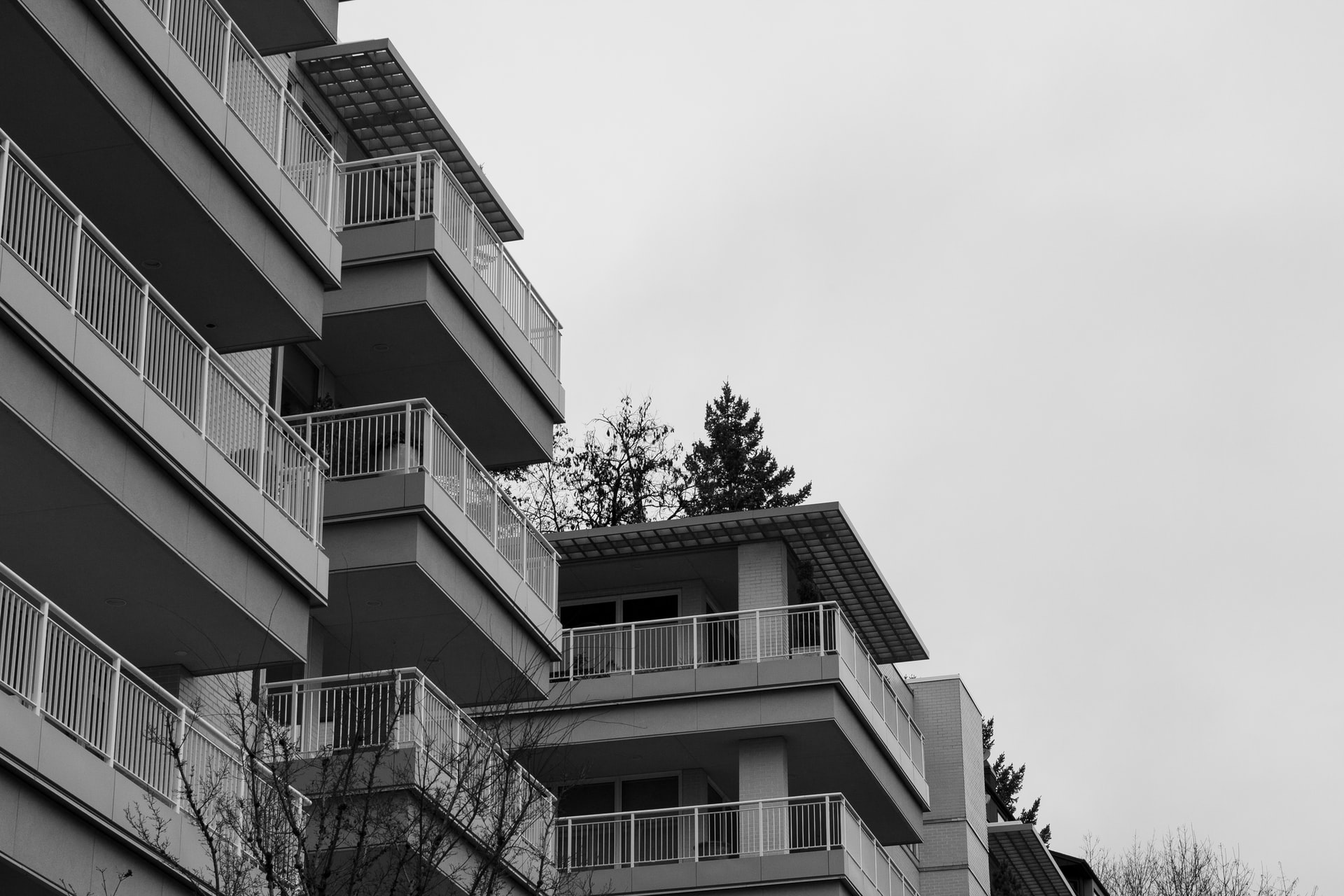The COVID-19 pandemic has shone a spotlight over the past year on issues of competing rights in public spaces. A recent Ontario Superior Court of Justice case exemplifies this issue, as well as the court’s role in applying the law and safeguarding individual rights in light of COVID-19 emergency policies and safety measures. The case, Halton Condominium Corp. No. 77 v. Mitrovic, involves an interplay between the privacy rights of condominium owners and residents, mandatory mask by-laws, and a conflict compounded by high “societal tensions” and “strong emotions.”
COVID-19 Mask By-Laws
Like many municipalities across Ontario, the City of Burlington passed By-Law 62-2020, requiring face coverings in enclosed spaces, including common areas of condominium buildings. The By-law additionally places the onus on operators of condominiums to ensure that they adopt policies to ensure that individuals abide by mandatory mask rules. Importantly, however, the By-law demands that operators ensure that their policies provide exemptions from the rule for those with certain medical conditions or for those whose emotional well-being or mental health may be negatively impacted by face masks.
In response to the By-law, the condominium corporation that initiated the case, HCC77, adopted a mask policy, requiring residents to wear a mask while in any enclosed common space of the building such as the lobby, elevators and hallways. The condo policy included several exemptions for infants and persons with certain underlying medical conditions.
Anti-Mask Condominium Residents: Rights, Responsibilities, & COVID-19 Measures
The condominium corporation brought the case against two residents. The residents in question refuse to wear a mask while in the common areas of the condominium, due to alleged medical conditions for which they refuse to provide evidence. The condo argued that aside from the law-defiant behaviour of the residents, their refusal to wear a mask puts the health and safety of other occupants, many of whom are elderly, at risk. Further, the condo corporation submitted evidence that the residents had posted anti-mask notices in public areas of the building.
Gibson J. clarified his role in the case, given the highly contentious and flammable issue of obligatory face coverings during COVID-19: “It is not to pronounce on ideology, or to give a judicial imprimatur in favour of one perspective or the other. The Court’s role in this case does not entail an assessment of the various arguments put forward in the public square in the vigorous debate about the wisdom or necessity of wearing masks as a prophylactic measure to combat the spread of the COVID-19 pandemic.”
Rather, the Court focused on the task at hand, given the unique environment condominium living presents, namely, balancing the various conflicting interests of residents living in a “micro-community.”
Condominiums Represent a Community
The Court noted that condominium corporations constitute a form of micro-community. Gibson J. stressed that such living arrangements entail that residents enter into a social contract that subsequently relinquishes their absolute interests. In light of the COVID-19 pandemic, the Court conceded that the institution of the HCC77’s mask policy was necessary under the circumstances.
However, whereas the mandatory mask by-laws serve the interests of certain condo residents, it also limits the rights and freedoms of others. The two residents who refused to wear a mask in the condo’s common areas argued that the mask policy was “callous” and “draconian,” limiting their rights in their own home. They also put forth their privacy rights, which they argued allowed them to withhold their medical information. Indeed, per the Burlington mask By-law, condo operators may not require proof of medical exemptions. This information, however, would be helpful to substantiate a medical exemption.
The Court’s “Difficult Balancing Act”
Gibson J. stressed that this case involves “a difficult balancing act,” and that each party raised valid points. The Court concluded that although the residents’ evidence for their condition, an affidavit, is weak, they are not required by law to further substantiate their medical assertions. Gibson J. highlighted that he cannot require further proof from the residents despite the lack of an evidentiary basis in medical terms, and despite the fact that the residents in question have engaged in activities to “promote their particular ideological beliefs in respect of vaccinations and the wearing of masks, however selfish, misguided or misplaced these may be.”
In this case, the Court’s balancing act concluded with the finding that the anti-mask residents do not have to wear a mask on the very direct transit between their apartment, the floor their apartment is located on, the elevator, the main lobby, mailroom, and parking garage. However, they must observe the mandatory mask by-laws while in any other interior common elements. Notably, the Court highlighted that the residents in question do not have the unabated liberty to wander other floors in the condominium complex without wearing a mask, for exercise or social occasions and activities, or to post posters in support of their anti-mask beliefs.
Contact Tierney Stauffer LLP for Litigation Representation in Commercial Leasing and Landlord & Tenant Disputes
At Tierney Stauffer LLP, our experienced lawyers, fluent in civil litigation, commercial leasing and landlord and tenant disputes provide individualized and current legal assistance during the ever-evolving COVID-19 pandemic. In these uncertain times, where your rights and responsibilities as a landlord, tenant, or condo-owner are in constant flux, call us at 1-888-799-8057 or contact us online to set up a consultation with an experienced lawyer.


